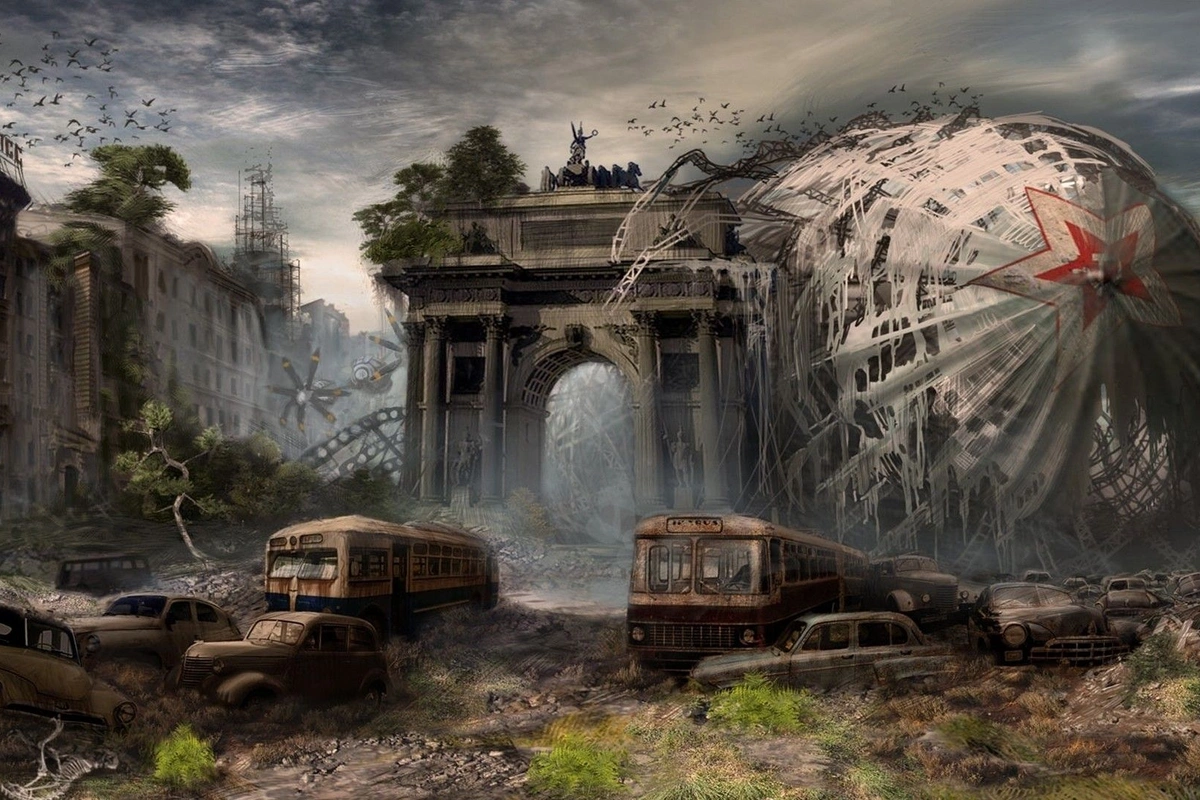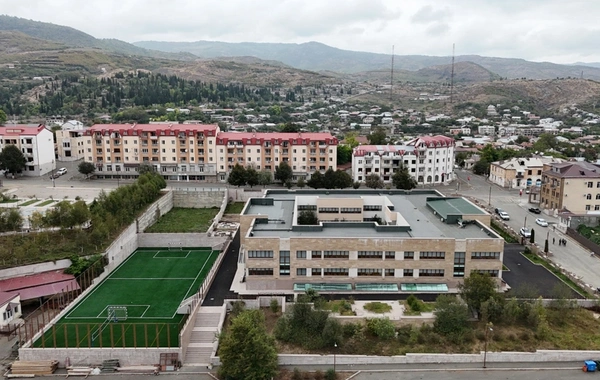Scientists have discovered what is more terrifying for humanity than the apocalypse

Most people perceive real, present-time risks associated with the development of artificial intelligence significantly more seriously than abstract hypothetical scenarios according to which artificial intelligence could supposedly lead to the destruction of humanity. This conclusion was reached by researchers from the University of Zurich, who conducted a survey covering more than ten thousand people from the United States of America and Great Britain. The results of the study were published in the scientific journal Proceedings of the National Academy of Sciences.
Scientists have found that, despite the fact that the topic of so-called "existential threats" is actively discussed in society, people are much more concerned about specific, tangible problems associated with the use of artificial intelligence. Among such problems, the most frequently mentioned were algorithm bias, the spread of disinformation, and automation that could lead to job losses. Even when participants were shown news headlines with frightening images associated with the apocalypse, their attention still focused on pressing, current challenges.
"Respondents clearly distinguish between theoretical, hypothetical dangers and real, already existing problems, and treat the latter with a very high degree of seriousness," noted Professor Fabrizio Gilardi, who is one of the authors of the study.
Interestingly, even in cases where participants experienced increased anxiety in response to dramatic, "catastrophic" descriptions of artificial intelligence, the level of concern about specific, already observed threats still remained higher. This refutes the common opinion that discussions about hypothetical scenarios of technology development distract society from recognizing and discussing current problems.
"Public discussion should not turn into a choice between extremes - either talking only about the present or only about the future," Gilardi emphasized. - "It is necessary to simultaneously take into account both existing and potential long-term risks associated with the development of artificial intelligence."
The study for the first time presented systematic data confirming that even with increased attention to possible future threats, public interest in current problems remains high. The authors emphasize the need for a broad and balanced dialogue on ethics, social responsibility, and risks that arise in connection with the development of artificial intelligence technologies.
Similar News
The most powerful radiation storm in a quarter century has been recorded near Earth
For the first time in two solar cycles, a level S4 radiation storm has begun in the vicinity of Earth. This was reported by the Laboratory of Solar Astronomy of...




 Azərbaycanca
Azərbaycanca  По-русски
По-русски  English
English 






